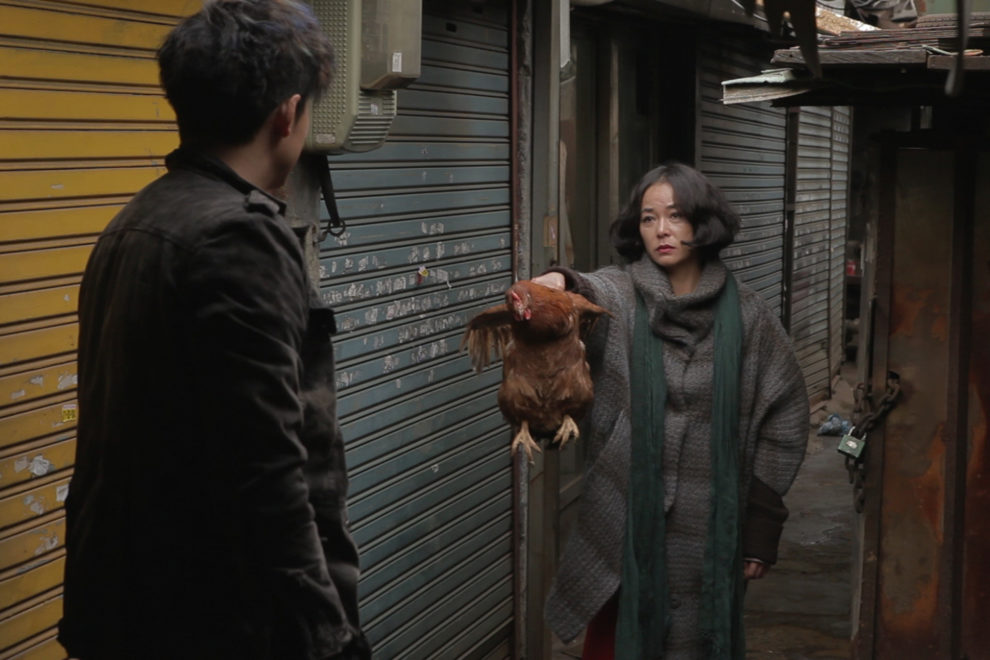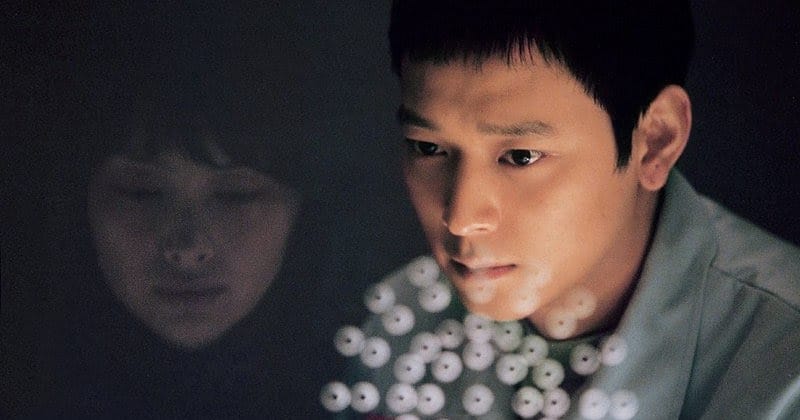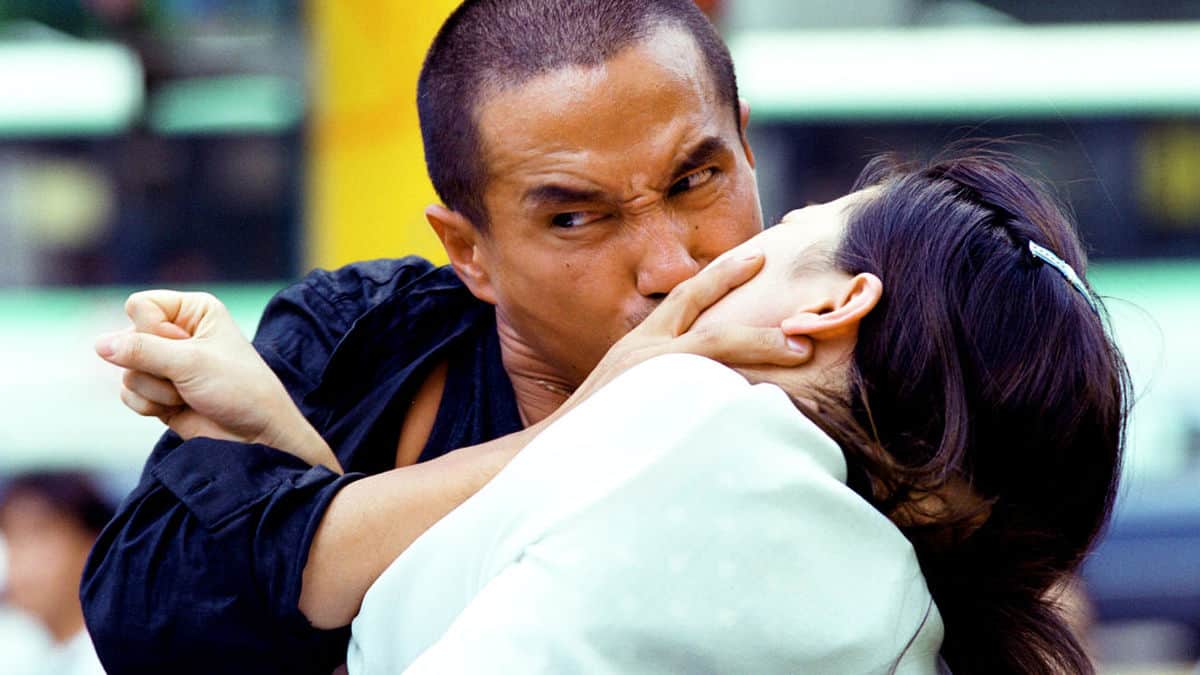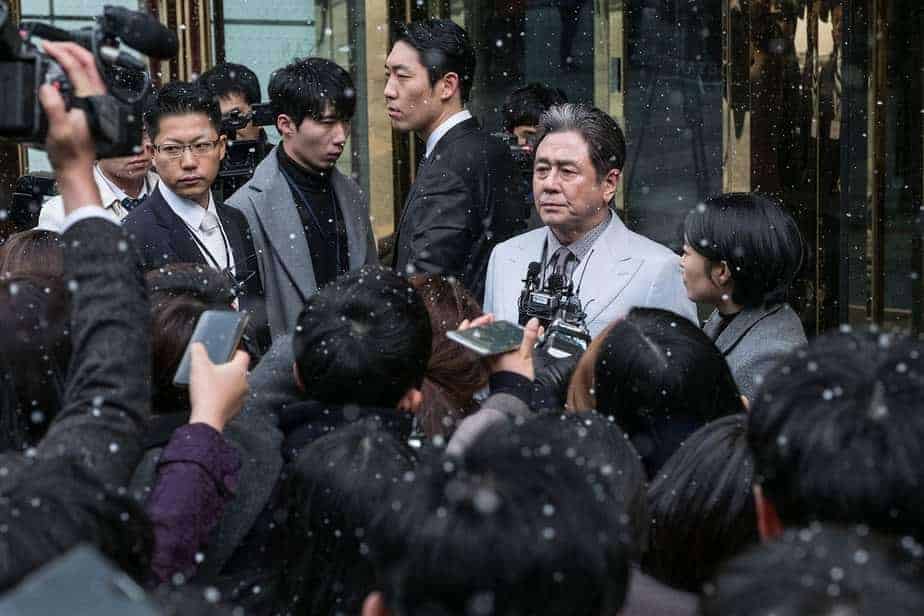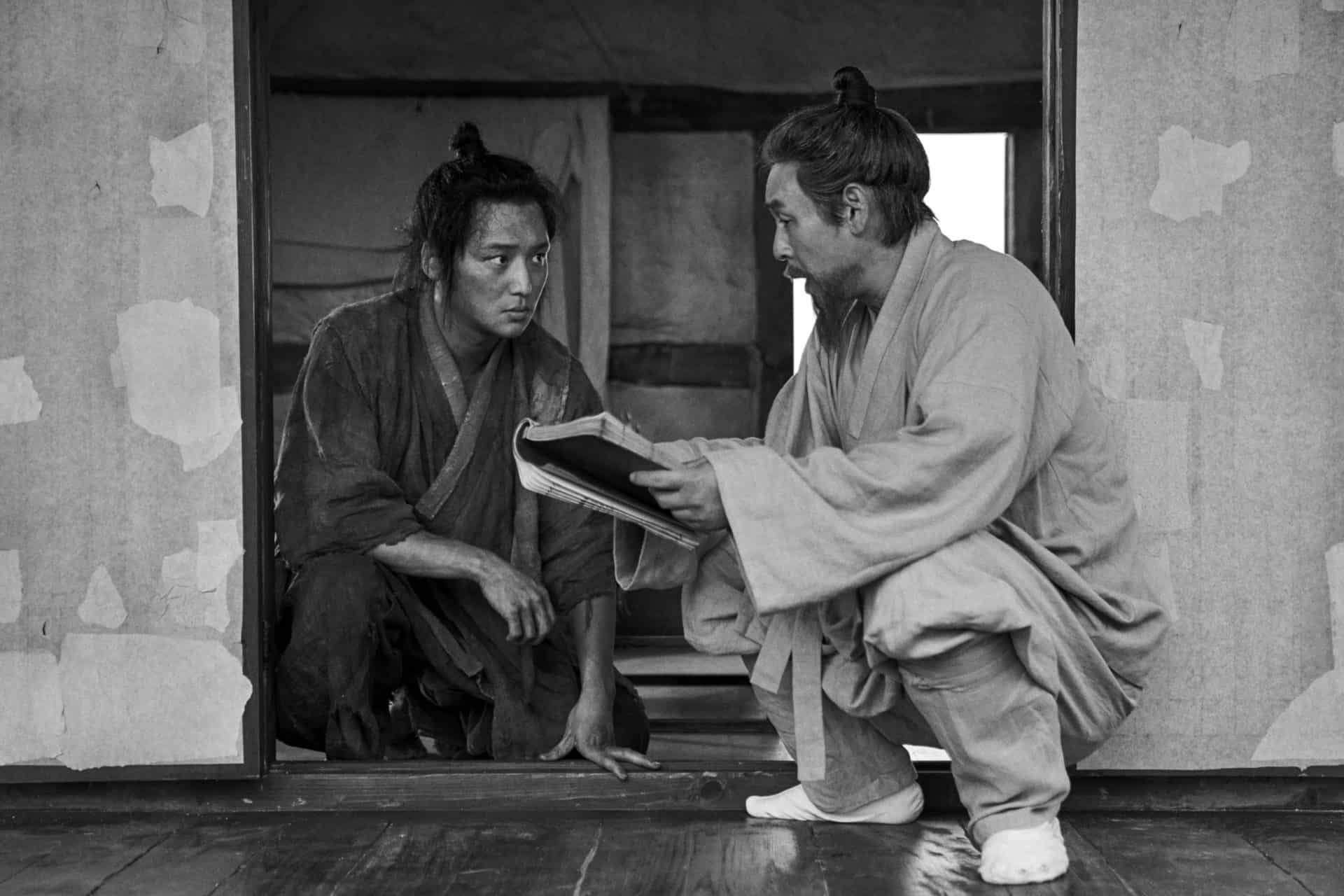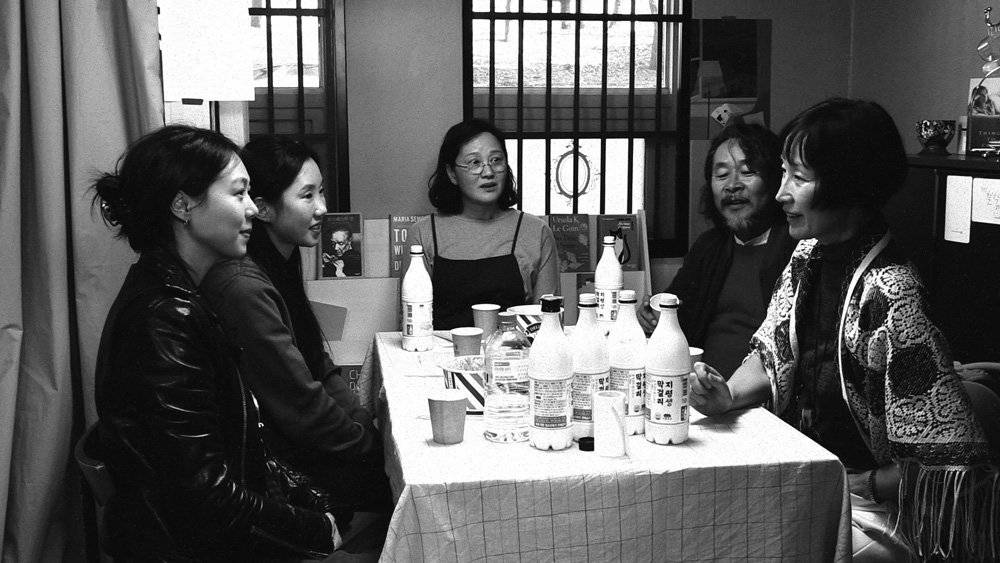If you're at all familiar with Korean revenge stories then you'll know one thing is 99 out of 100 times an absolute certainty: that it will not end well for anyone involved. In the worlds of “The Vengeance Trilogy”, “I Am The Devil”, “A Bittersweet Life”, “The Villainess”, revenge is a merciless loop that always finds a way to complete its circuit, more often than not leaving a trail of death and broken souls in the process. This is what makes Korean revenge so endlessly interesting, watching filmmakers twist and play with the concept in ever-deeper, ever-visceral ways. With “Pieta”, Kim Ki-duk definitely takes influence from Park Chan-wook's now-iconic bloody three-film revenge extravaganza, but also makes it his own by channeling the cross between disturbing and poetic that became somewhat of an expertise of his. His 18th film, “Pieta” was the first Korean film to take home the coveted Golden Lion at the 69th Venice International Film Festival, and the first Korean film to be honoured with the top prize at any of the major three film fests.
Buy This Title
Kang-do is a desolate debt collector living in a small, lifeless apartment. Leading a miserable life, he spends his days crippling those who can't pay off their debts, so they can return the money via a medical insurance claim. He operates brutally and remorselessly, and is hated by his community, who describe him as “the Devil who tests people with money”. One day, a mysterious middle-aged woman, Mi-sun, follows him home and claims to be the mother who abandoned him as a child. At first aggressively defensive and reluctant to form a relationship with her, Kang-do eventually begins to let his guard down, beginning to retreat from his violent lifestyle in order to reconcile with the mother he lost years ago. However, his newfound hope for a new life with his mother puts a target on her back by the many whose lives he had previously destroyed.

As its title suggests, being based on the Michelangelo renaissance sculpture of the same name that depicts mother Mary tragically holding a crucified Christ in her arms, “Pieta” is largely concerned with religious allegory and symbolism. Naturally, Mi-sun is the Mother Mary to Kang-do's Christ, only waaaay more fu**ed up. Certain biblical parallels point to this: in one particularly stomach-churning moment, Kang-do feeds Mi-sun a piece of his flesh to prove her loyalty, a clear nod to Jesus breaking bread and passing around wine at the last supper, the two symbolising his body and blood. When Mi-sun first arrives, she gets on her knees and apologises profusely for abandoning Kang-do, similar to how a sinner would confess to Jesus and have their sins forgiven, citing her abandonment as the reason he became the depraved, sadistic man he is in the movie. Although he is all of these things, and boy, do you as the audience hate him for it, these allegorical references point to Jung-jin as enduring a Christ-like tragedy in which he never had the choice of who he wanted to be, and was from birth fated to carry enormous burden and pain – like Jesus himself, but in a much more twisted way. His soul was doomed the moment his mother abandoned him. And you pity him for it.
Another interpretation places him as an angel of death-esque figure, passing judgement on those he deems deserving of punishment and those he deems worthy of salvation, letting one man off of his debt after he selflessly offered both of his hands to Kang-do in order to make money to provide for his new-born son. Kim Ki-duk places these symbols everywhere and can be endlessly interpreted, which in retrospect is the reason that you'll still be playing the movie back in your head days after watching it.
Kim directs the movie with a biblical poetry that makes the more agonising aspects – the rape, the violence, the incestual undertones – much easier to digest, as at least he offers up some meaning to it all (which arguably can't be said about all of his movies). The story is very well-told, and easy to follow, narratively and thematically, with Kim expertly guiding us through the story, and making us feel for each of his characters, even those we desperately want to hate.
Lee Jung-jin and Cho Min-soo terrifically embody their roles as Kang-do and Mi-sun, respectively. Jung-jin has an innate ability in this first half of the film to remove all the soul and feeling from his eyes, completely coming across as a man who let his tether slip from him years ago and is now a husk for darkness and rage. Cho Min-soo as Mi-sun, on the other hand, says so much with silence, creating a cinematic language from the emotions on her face alone; mysterious but complex.
As a whole, “Pieta” asks some interesting questions, touching on nature vs nurture, the ruinous nature of money, and the consequence of sin. Disturbing and thought-provoking, you'll be thinking about this movie for days.


